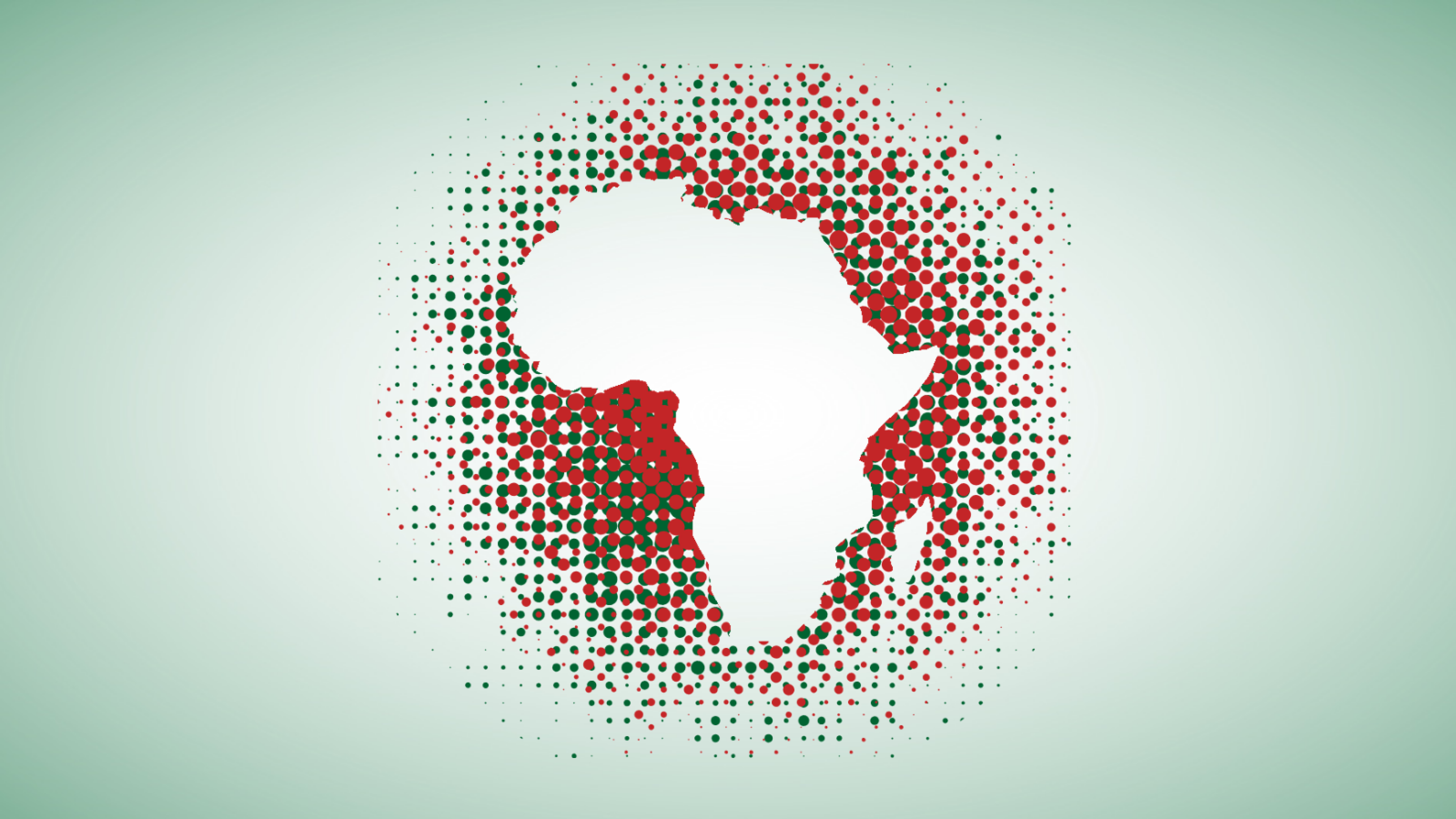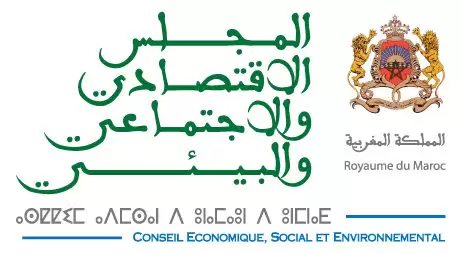
ASA-C1-042020-46-6936
Over the past twenty years, Morocco has pursued a policy of proactive cooperation with African countries, based on shared responsibility and solidarity. One of the relevant forms of such cooperation practiced by Morocco has been debt forgiveness for least developed African countries, the exemption from customs duties for products from these countries, the full-funded scholarships offered to help African youth study in Morocco, and the migrant regularization program through which Morocco granted residency permits to over 50,000 African nationals since 2014. Equal priority has been given to developing regional environmental strategies to help build African resilience and adaptation to climate change. Key among these strategies is the “Blue Fund for the Congo Basin”, the “Blue Belt” initiative and the so-called “Triple A Initiative” on adaptation and agriculture for Africa.
These efforts, so far highly commendable, have yielded positive results. However, these partnerships have not yet fully achieved their objectives and are falling far short of people’s aspirations and the opportunities that regional integration presents for economic development. Besides, the overall value of Morocco’s trade exchange with African countries, which stands at just 4% of our total trade, does not reflect the true potential for economic cooperation and the complementarities that need to be established. Regional value chains with African partners are also still marginal. Not only that, but they also depend almost exclusively on foreign sectors, thus depriving African economies of value-added activities that generate local employment, added value and technology transfers.
To ensure successful regional integration, the CESE recommends adopting co-development to promote a mutually beneficial partnership between Morocco and its African partners, in line with His Majesty the King’s enlightened vision.
Over the past twenty years, Morocco has pursued a policy of proactive cooperation with African countries, based on shared responsibility and solidarity. One of the relevant forms of such cooperation practiced by Morocco has been debt forgiveness for least developed African countries, the exemption from customs duties for products from these countries, the full-funded scholarships offered to help African youth study in Morocco, and the migrant regularization program through which Morocco granted residency permits to over 50,000 African nationals since 2014. Equal priority has been given to developing regional environmental strategies to help build African resilience and adaptation to climate change. Key among these strategies is the “Blue Fund for the Congo Basin”, the “Blue Belt” initiative and the so-called “Triple A Initiative” on adaptation and agriculture for Africa.
These efforts, so far highly commendable, have yielded positive results. However, these partnerships have not yet fully achieved their objectives and are falling far short of people’s aspirations and the opportunities that regional integration presents for economic development. Besides, the overall value of Morocco’s trade exchange with African countries, which stands at just 4% of our total trade, does not reflect the true potential for economic cooperation and the complementarities that need to be established. Regional value chains with African partners are also still marginal. Not only that, but they also depend almost exclusively on foreign sectors, thus depriving African economies of value-added activities that generate local employment, added value and technology transfers.
Recommendations:
To ensure successful regional integration, the CESE recommends adopting co-development to promote a mutually beneficial partnership between Morocco and its African partners, in line with His Majesty the King’s enlightened vision.
The recommended approach aims to ensure that the integration process is comprehensive, consistent, inclusive and pragmatic and is structured around four major areas:
The first “strategic” area aims to make Morocco’s regional integration in Africa a highly important priority. In this regard, the Council recommends what follows:
- Develop an inclusive strategy to take Morocco’s regional integration in Africa to a new level, incorporating both public and private actors.
- Strengthen Morocco’s economic statecraft by integrating economic issues into diplomatic channels, such as through strengthening the presence of Moroccan economic operators in the Africa market.
- Enhance and professionalize the functions of economic and cultural advisors in Morocco’s diplomatic missions in Africa.
- Create mechanisms for regular consultation between the Ministry of Foreign Affairs and Cooperation and private-sector representatives (annual forums, sectoral meetings, etc.).
The second area of recommendations focuses on “regional and continental integration”. The double aim is to develop instruments that will support regional and continental integration, and to bring greater synergy and complementarity of multistakeholder partnerships. Here the Council recommends:
- Completing the ratification process for the agreement establishing the African Continental Free Trade Area (AfCFTA) and fostering cooperation with Africa’s Regional Economic Communities (RECs).
- Adopting a regional mechanism for assessing the overall sovereign risk rating for African countries, to reduce the cost of borrowing and promote economically viable financing.
- Fostering the emergence of regional value chains with higher value-added and a strong social impact on populations, particularly in the agroindustry, textile, automotive industry, tourism, higher education, innovation, cultural industry and sustainable development sectors.
- Facilitating the mobility of African students, while encouraging the mutual recognition of diplomas between African countries.
- Making the Dakhla Oued Ed-Dahab region an African hub as per the Council’s findings and recommendations on the New Development Model for the Southern Provinces.
The third area of action of the Council’s recommendations aims to operationalize and strengthen bilateral cooperation instruments. The ultimate purpose is to improve the effectiveness, efficiency and impact of agreements with African partners. The proposed actions and recommendations include what follows:
- Regularly review the impact of each agreement on the development of Morocco’s relations with all its partners.
- Take stock of Morocco’s initiative to give preferential market access to thirty-three (33) African least developed countries (LDCs), with the view to further integrate Moroccan operators into African value chains.
The focus in action area four is on “support tools”. In it the Council proposes a set of cross-disciplinary actions that can be divided into four areas: an effective and affordable transportation network, appropriate financial tools, improved business law, capacity building and state support for investors. The proposed actions and recommendations include:
- Link development aid to the transfer of know-how and support for excellence training programs.
- Form a public investment fund for Africa that will serve as a lever for financing development projects.
- Establish an internationalization support center for Moroccan companies, most notably SMEs.
In addition, the Council recommends the implementation of integrated regional strategies in such areas as health, research and pharmaceutical industry. With the COVID-19 pandemic-induced global crisis as the backdrop, the above recommendations constitute an appropriate response that would federate efforts and resources, promote regional value chains, and ultimately strengthen the resilience of African countries to regional and global economic and environmental crises.
